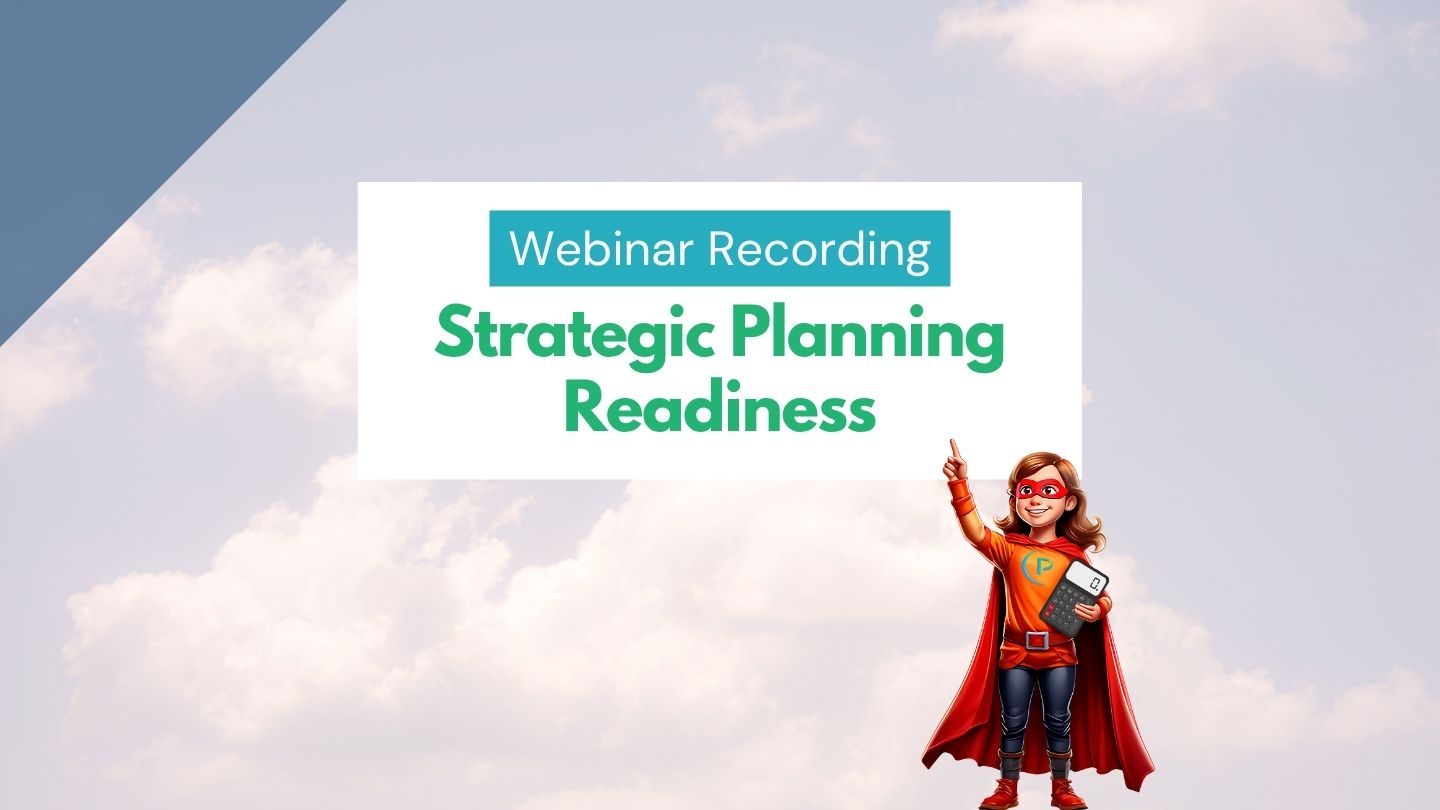You’ve Just Joined the Finance Committee, Now What?
You’ve just been appointed to the finance committee of a not-for-profit organization. It’s an important role that plays a key part in ensuring the organization’s financial health, transparency, and sustainability. But if this is your first time in such a position, it’s normal to feel like you’re figuring it out as you go. Here’s what you need to know to step in and make a meaningful contribution confidently.
Understanding Your Role
The finance committee provides oversight, not operations. You won’t be doing the bookkeeping, but you will be digging into financial matters more closely than the rest of the board. Your role is to help interpret the numbers, support sound decision-making, ensure financial practices align with the mission, and provide accountability to funders and stakeholders. The committee acts as a bridge between day-to-day financial management and high-level board governance.
Clarify What You’re Responsible For
While the full board typically reviews and approves audited financial statements and the annual budget, the finance committee plays a more active role in developing and monitoring them. You may be asked to review draft budgets, assess financial forecasts, monitor variances throughout the year, or provide input during the audit process. Your involvement helps ensure that financial information is timely, accurate, and valuable—not just for compliance but also for planning and impact.
Ask your committee chair or Executive Director what’s currently expected from the finance committee. Some committees meet quarterly to review financial statements; others take on tasks like risk assessments, investment policy oversight, or scenario planning. Understanding the scope helps you focus your time and energy.
Get Familiar with the Organization’s Financial Environment
Even if you’ve seen the audited financials or budget before, it helps to take a deeper look through the lens of financial governance. Look for patterns in revenue and expenses. Understand where the organization is most reliant—whether on grants, donations, or earned income—and how predictable that funding is. Ask whether the organization has a forecast or cashflow model in place, and whether reserves are being maintained sustainably.
It’s also worth asking how finances are managed internally. Who handles the books? What systems are in place? Are reports timely and easy to understand? If the finance team is small (as is often the case), the committee can play a supportive role in identifying where external help or process improvements may be beneficial.
Know the Calendar
Get a sense of the organization’s financial year and key reporting deadlines. When does the fiscal year end? When is the audit conducted? Are there specific times of year when large grants are received or funding reports are due? This will help you understand when heavier workloads or decisions are likely to arise—and when your committee’s involvement will be most valuable.
In Ontario, registered charities are required to file an annual T3010 with the Canada Revenue Agency. While staff typically handle this, the finance committee may review components of the report or confirm that filing deadlines are being met.
Build Relationships and Ask Questions
One of the best things you can do early on is connect with the Executive Director or whoever oversees finance day-to-day. These conversations often provide helpful context that formal documents don’t, such as funding pressures, internal capacity challenges, or systems due for an upgrade.
Also, don’t hesitate to ask questions, even basic ones. Questions like “Has the organization established a reserve policy?” or “Do we compare actuals to forecast or just budget?” can surface important insights and encourage clarity.
Focus on Long-Term Stewardship
While much of the committee’s work involves reviewing current-year activity, your presence also helps the organization think ahead. Are we financially resilient? Are we forecasting effectively? Are there any looming risks that we’re not yet preparing for, like funding cliffs or capital needs?
This is where your role moves beyond oversight and into strategic partnership.
In Closing
Serving on the finance committee isn’t about having all the answers—it’s about bringing a thoughtful, steady presence to the table. You’re there to help guide the organization toward long-term sustainability, asking the right questions and ensuring that resources are aligned with the mission.
At Part Time CFO Services, we work with not-for-profits across Ontario to support and strengthen their financial leadership—sometimes behind the scenes, and often in partnership with board committees like yours. If your organization navigates change, growth, or complexity, you’re not expected to go it alone.
We’d love to hear your thoughts on this post. Whether you have a question, a different perspective, or just want to chat—drop us a line.
Share
Get our newsletter
Recent posts
- Why Cash Flow Is the Financial Story You Can’t Afford to Miss
- Markup vs Margin: Unlocking the Secrets to Profitable Pricing Strategies
- Strategic Planning Readiness: A Pre-Planning Briefing for Executive Directors
- Is your business getting what it needs from the Controller role
- What If You Don’t Have a CFO (with M&A Experience) On Staff?









